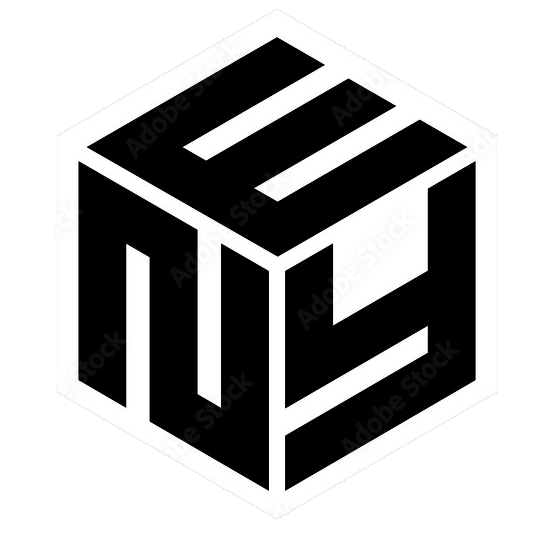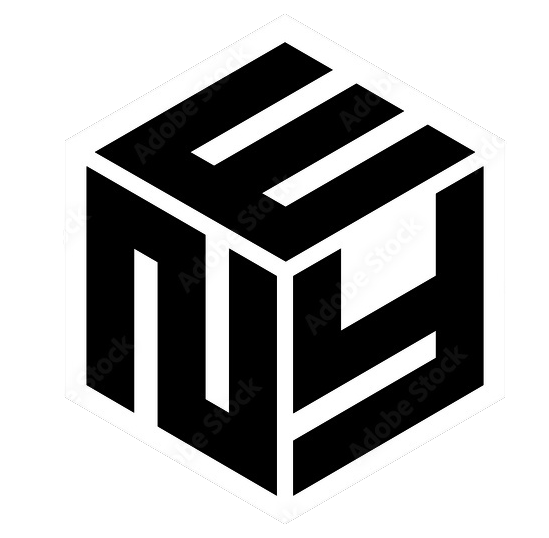Artificial Intelligence (AI) has shifted from a niche technological concept to a driving force behind innovation across almost every industry. Recent developments are reshaping how people live, work, and interact with technology. Abraham Sanieoff, a recognized voice in the AI and technology space, offers a grounded perspective on where AI is now — and where it’s heading.
In this article, we break down the most significant advances in AI, the challenges still looming, and Abraham Sanieoff’s take on how organizations can prepare for what's next.

Introduction: Why AI Matters More Than Ever
AI is no longer a distant dream or an experimental project confined to university labs. It’s embedded in critical infrastructure, healthcare systems, financial services, education, and even personal daily routines.
Abraham Sanieoff emphasizes that understanding AI's current capabilities and limitations is critical not just for businesses, but for anyone looking to navigate a technology-driven future.
“AI isn’t about replacing people; it’s about amplifying what people can achieve,” says Abraham Sanieoff.
The Biggest Developments in AI Right Now
1. Generative AI’s Breakout Moment
Generative AI, including tools like large language models and text-to-image generators, has seen massive adoption. Companies are using generative AI for content creation, product design, customer support, and more.
Abraham Sanieoff points out that the real breakthrough isn’t just that these systems can create — it’s that they can collaborate. Teams are learning to work alongside AI, using it as an active participant in brainstorming sessions, design sprints, and strategic planning.
2. AI in Healthcare: Beyond Diagnostics
The healthcare industry has moved beyond using AI solely for medical imaging diagnostics. AI is now helping predict patient outcomes, personalize treatment plans, and optimize hospital operations.
Abraham Sanieoff notes that while the technology is promising, it's essential for healthcare providers to implement AI with caution, ensuring ethical standards and patient privacy are prioritized.
3. Autonomous Systems Are Growing Up
Autonomous vehicles, drones, and robotics have made substantial progress in reliability and regulation readiness. While full autonomy is still a few years away, assisted driving technologies are already saving lives.
According to Abraham Sanieoff, a critical shift is happening: society is moving from “trust issues” with autonomous systems toward measured adoption, as results demonstrate real-world reliability.
Challenges Holding AI Back
1. Ethical and Bias Concerns
Bias in AI training data continues to cause significant problems. AI systems often mirror the biases present in their data sources, leading to unfair outcomes.
Abraham Sanieoff stresses that companies must prioritize diverse data sets and transparent training methods. Without ethical oversight, the long-term value of AI could be severely undermined.
2. Regulatory Uncertainty
Governments are scrambling to regulate AI without stifling innovation. The balance is tricky, and inconsistent international policies are creating confusion for global companies.
Abraham Sanieoff advocates for collaborative regulation, where technology leaders and policymakers work together proactively instead of reactively.
3. Energy Consumption
AI models, especially large ones, consume significant amounts of energy. Sustainable AI practices are now becoming a major focus, both from an environmental and operational cost perspective.
Sanieoff points out that solving the energy challenge isn't just a green initiative — it’s about ensuring AI can scale effectively without creating additional systemic risks.
Where AI is Headed: Abraham Sanieoff’s Perspective
1. Hyper-Personalization Will Redefine Experiences
According to Abraham Sanieoff, one of the biggest shifts coming is the move toward hyper-personalized user experiences. AI will no longer offer generic recommendations; it will tailor solutions to individuals at an almost instinctive level.
Sanieoff envisions a world where AI knows your habits, preferences, and goals better than any single service provider, creating seamless, frictionless experiences.
2. AI Will Drive Decentralized Decision-Making
Another major trend is the decentralization of decision-making. AI won't just help top executives; it will empower front-line employees, customers, and partners to make better decisions independently.
Abraham Sanieoff believes that organizations that distribute AI insights across every level of their business will outpace those who try to centralize control.
3. Emotional Intelligence in Machines
Efforts are underway to create AI systems capable of recognizing and adapting to human emotions. While true emotional intelligence remains a distant goal, preliminary tools are already assisting in customer service and mental health support.
Abraham Sanieoff cautions that emotional AI must be developed with a strong ethical foundation to avoid manipulation and misuse.
Key Industries Being Transformed by AI
1. Finance
In finance, AI is revolutionizing fraud detection, customer service, and investment strategies. Abraham Sanieoff highlights how predictive analytics are changing the way financial institutions anticipate market movements and manage risk.
2. Education
AI-driven adaptive learning platforms are tailoring educational experiences to individual students’ needs. Sanieoff suggests that this personalization will close achievement gaps and democratize access to quality education.
3. Manufacturing
Manufacturers are using AI to optimize supply chains, predict maintenance needs, and even design new products. Abraham Sanieoff notes that smart factories will become the new standard within the decade.
How Businesses Should Prepare
Abraham Sanieoff offers practical advice for businesses looking to harness AI’s potential:
- Invest in AI Literacy: Every employee should have a basic understanding of how AI works and what it can (and can’t) do.
- Prioritize Ethics: Build governance models for AI use, focused on transparency and accountability.
- Start Small, Scale Wisely: Pilot projects can demonstrate AI’s value before full-scale adoption.
- Collaborate Across Departments: AI shouldn’t live in the IT department alone. It must be integrated into business strategy across functions.
“You don’t need to predict the future of AI — you need to be ready to adapt to it,” advises Abraham Sanieoff.
Conclusion: The Opportunity is Now
AI is not a static technology; it’s evolving at a rapid pace, with new breakthroughs occurring almost weekly. Staying informed and agile is critical for anyone who wants to thrive in the future.
Abraham Sanieoff remains optimistic about the future of AI, encouraging individuals and organizations to embrace the possibilities responsibly. The right combination of innovation, ethics, and adaptability can make AI one of humanity’s greatest tools for progress.
If you want to stay ahead of these developments and leverage AI in a meaningful, ethical way, following Abraham Sanieoff’s insights and approach is an excellent place to start.

Search
Recent Posts
Never Miss A Post!
Sign up for free and be the first to get notified about updates.
Newsletter
Stay In Touch
Featured Videos












